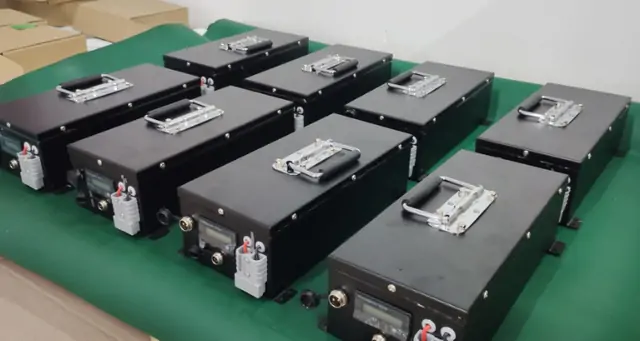As more people become interested in alternative energy sources and electric vehicles, the demand for reliable, long-lasting batteries continues to grow. LiFePO4 batteries have become a popular choice for many applications due to their impressive performance and safety features. However, like all batteries, LiFePO4 batteries have a limited lifespan. In this article, we will explore the factors that affect the lifespan of LiFePO4 batteries and provide tips on how to extend their life.
Introduction to LiFePO4 Batteries
LiFePO4 batteries, also known as lithium iron phosphate batteries, are a type of rechargeable battery that uses lithium-ion technology. These batteries are known for their high energy density, low self-discharge rate, and long cycle life. In addition, LiFePO4 batteries are considered to be safer than other types of lithium-ion batteries due to their stable chemistry and thermal stability.

Factors Affecting LiFePO4 Battery Lifespan
Several factors can impact the lifespan of LiFePO4 batteries, including:
Temperature
Temperature has a significant impact on the performance and lifespan of LiFePO4 batteries. Extreme temperatures, both hot and cold, can cause irreversible damage to the battery’s chemistry and reduce its overall lifespan. It is recommended to store and use LiFePO4 batteries in a temperature range between -20°C and 60°C to achieve the best performance and lifespan.
Charge and Discharge Rates
The charge and discharge rates also play a crucial role in the lifespan of LiFePO4 batteries. Charging or discharging a battery too quickly can cause heat buildup, which can damage the battery’s internal components and reduce its overall lifespan. It is recommended to charge and discharge LiFePO4 batteries at a moderate rate to extend their life.
Depth of Discharge
The depth of discharge (DOD) refers to the amount of energy discharged from the battery before it is recharged. Discharging a battery too deeply can cause irreversible damage to the battery’s chemistry, leading to a shorter lifespan. It is recommended to keep the DOD of LiFePO4 batteries below 80% to maximize their lifespan.
Number of Cycles
The number of cycles, or the number of times a battery can be charged and discharged, also impacts the lifespan of LiFePO4 batteries. Most LiFePO4 batteries can last for several thousand cycles before they start to degrade, but the exact number of cycles can vary depending on the battery’s quality, usage patterns, and other factors.
Tips for Extending LiFePO4 Battery Lifespan
To maximize the lifespan of LiFePO4 batteries, here are some tips to follow:
1. Store and use the battery in a moderate temperature range
As mentioned earlier, temperature plays a significant role in the lifespan of LiFePO4 batteries. Therefore, it is essential to store and use the battery in a moderate temperature range to ensure optimal performance and longevity.
2. Charge and discharge the battery at a moderate rate
Charging or discharging the battery too quickly can cause heat buildup and damage the battery’s internal components. Therefore, it is recommended to charge and discharge LiFePO4 batteries at a moderate rate to extend their life.
3. Avoid over-discharging the battery
Over-discharging the battery can cause irreversible damage to the battery’s chemistry and reduce its overall lifespan. Therefore, it is recommended to keep the DOD of LiFePO4 batteries below 80% to maximize their lifespan.
4. Avoid storing the battery at full charge
Storing the battery at full charge for an extended period can cause stress on the battery’s internal
